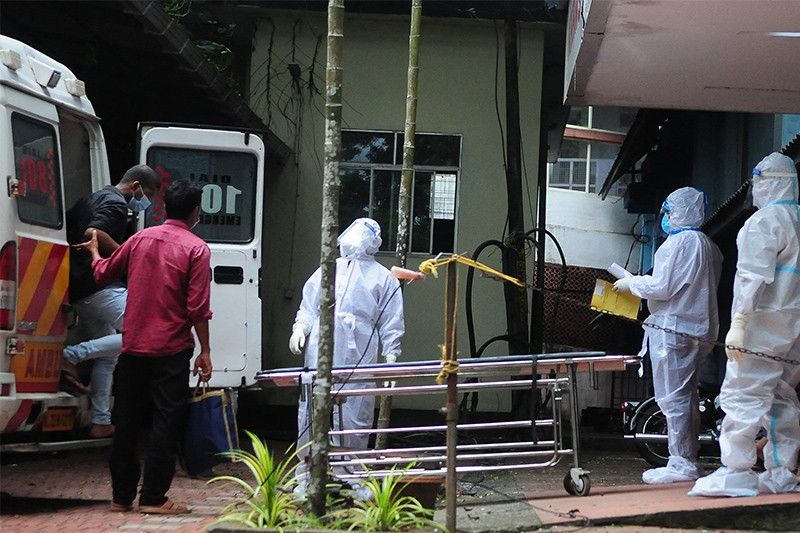Nipah virus (NiV) has once again come into focus as it continues to pose a threat to public health, especially in parts of Asia, particularly Bangladesh and India. This zoonotic virus, which can spread between animals and humans, has been associated with severe illness, encephalitis (swelling of the brain), and in some cases, even death.
In the wake of a recent Nipah virus outbreak in India, there is heightened concern for the safety of all individuals, including LDS missionaries. The Church of Jesus Christ of Latter-day Saints, has urged its missionaries in India to exercise caution and adhere to strict preventive measures. This proactive approach underscores the importance of taking preventive measures.
The Culprit: Fruit Bats and Pigs
At the heart of this viral transmission is the natural host of Nipah virus: fruit bats, commonly known as flying foxes. These creatures play a pivotal role in the virus’s transmission to humans. Most human infections occur through direct contact with sick animals, particularly pigs and bats, or their environments, which can become contaminated with the virus.
Furthermore, the consumption of fruits or fruit products, such as raw date palm juice, can also serve as a likely source of infection. Contamination of these food items can occur when they come into contact with urine or saliva from infected fruit bats.
Person-to-Person Transmission and Encephalitis
In addition to animal-to-human transmission, person-to-person transmission of Nipah virus has been documented, particularly among close contacts like family members and caregivers of NiV patients. This transmission has even been reported in hospital settings. Such human-to-human transmission poses a significant challenge in containing the virus during outbreaks.
One of the most alarming aspects of Nipah virus infection is its potential to cause a range of illnesses, with fatal encephalitis being a severe outcome. Unfortunately, there is no specific antiviral treatment for NiV infections, making intensive supportive care the mainstay for managing severe cases.
Preventing Nipah Virus Infection
Preventing Nipah virus infection requires a multi-pronged approach:
- Avoiding Contact: Individuals should take precautions to avoid direct contact with sick pigs and bats, especially in areas where the virus is known to be present.
- Food Safety: To prevent infection through food, it is crucial to ensure that fruits and fruit products are not contaminated with the bodily fluids of infected bats. This can be achieved by practicing proper food handling and hygiene.
- Date Palm Sap: It is strongly advised not to consume raw date palm sap, as it can be contaminated by infected bats. Boiling or pasteurizing the sap can eliminate the virus and make it safe for consumption.
- Hospital Infection Control: During outbreaks, strict infection control practices in hospital settings can help prevent person-to-person spread of the virus.
Latest posts by Moroni Channel News (see all)
- 9-year-old primary killed while riding bike - June 26, 2025
- 8 young women died during church activity - June 26, 2025
- LDS Church yet to issue official statement on reported Missionary kidnapping in Congo - June 21, 2025
- Utah Native Finds Success on Broadway and HBO’s Gilded Age - June 19, 2025


